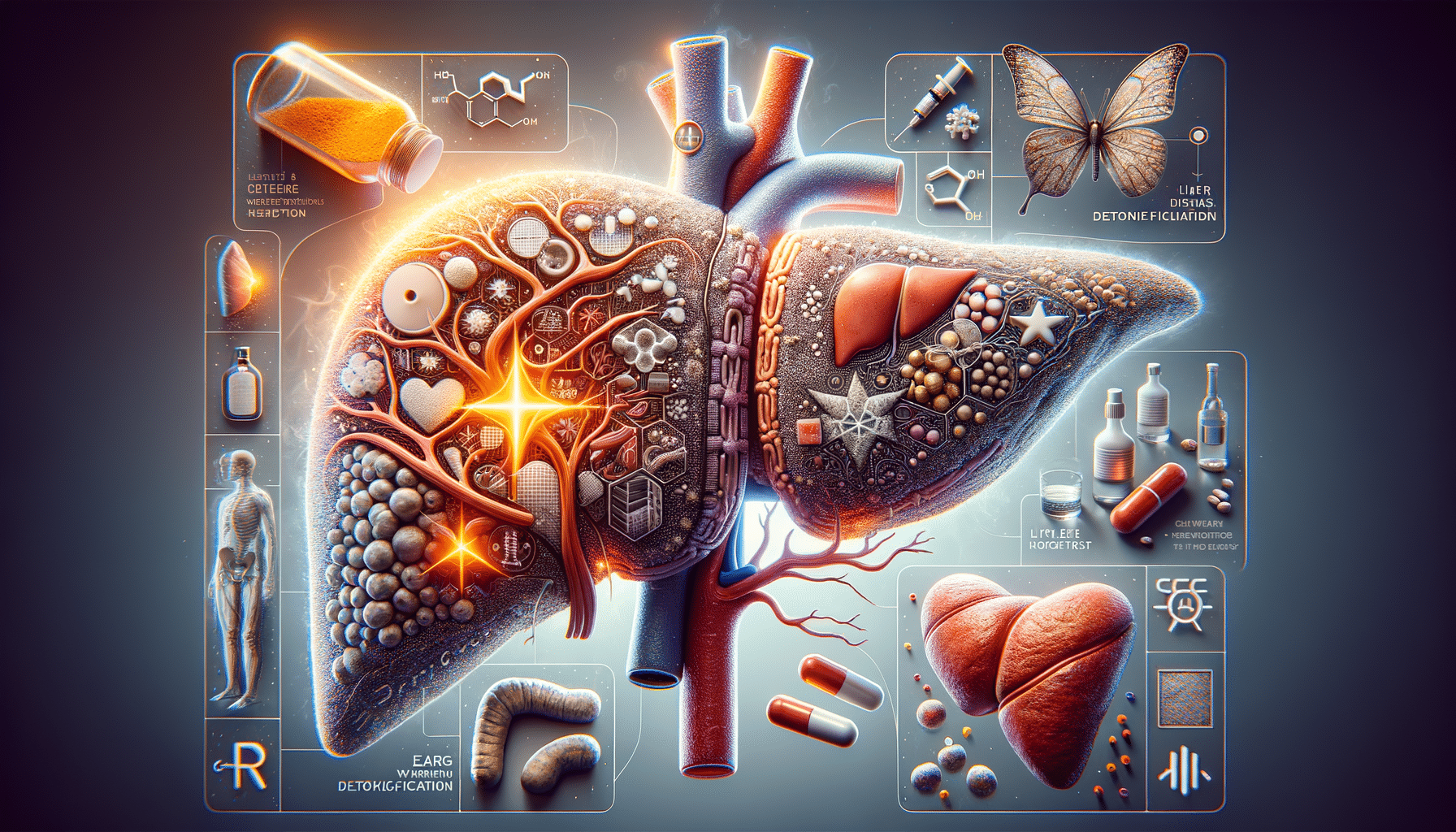
4 Early Warning Signs Your Liver May Need Detox: What Liver Specialists Want You to Know
The Importance of Liver Health
The liver is a powerhouse organ responsible for numerous essential functions, including detoxification, metabolism, and nutrient storage. Maintaining liver health is crucial, as it ensures that the body operates efficiently. The liver processes everything you eat and drink, filtering harmful substances from the blood. This organ also plays a significant role in metabolizing carbohydrates, proteins, and fats, as well as storing vitamins and minerals. Given its multifaceted responsibilities, any impairment in liver function can lead to a cascade of health problems, emphasizing the importance of keeping this organ in optimal condition.
Recognizing Early Warning Signs
Early detection of liver issues can prevent more severe conditions. Some early warning signs that your liver may need attention include:
- Fatigue: Persistent tiredness can indicate that the liver is struggling to filter toxins efficiently.
- Jaundice: A yellowing of the skin and eyes, jaundice results from an accumulation of bilirubin, a byproduct of red blood cell breakdown.
- Abdominal Pain and Swelling: Discomfort or swelling in the upper right abdomen can be a sign of liver inflammation or enlargement.
- Dark Urine: Changes in urine color may indicate liver distress, as excess bilirubin is excreted through urine.
Recognizing these signs early and consulting a healthcare provider can lead to timely interventions, potentially preventing severe liver damage.
Lifestyle Choices and Liver Health
Our daily habits have a significant impact on liver health. Consuming a balanced diet rich in fruits, vegetables, whole grains, and lean proteins supports liver function. Limiting alcohol intake is crucial, as excessive consumption can lead to liver inflammation and damage. Regular physical activity helps maintain a healthy weight and reduces the risk of fatty liver disease. Additionally, avoiding unnecessary medications and being mindful of chemical exposures can further protect the liver. By making informed lifestyle choices, individuals can significantly reduce their risk of liver-related issues.
Preventative Measures and Regular Check-Ups
Preventative care is vital in maintaining liver health. Regular check-ups and liver function tests can detect abnormalities early, allowing for prompt treatment. Vaccinations against hepatitis A and B viruses are recommended, as these infections can lead to chronic liver disease. Health screenings, especially for those with a family history of liver conditions, are essential for early detection and management. By prioritizing preventative measures, individuals can safeguard their liver health and reduce the risk of complications.
Natural Remedies and Supportive Therapies
While medical treatments are crucial for liver health, some natural remedies and supportive therapies can complement traditional approaches. Herbal supplements like milk thistle and dandelion root are believed to support liver function, though it’s essential to consult with a healthcare provider before starting any new supplement. Practices such as yoga and meditation can reduce stress, which indirectly benefits liver health by promoting overall well-being. By integrating these supportive therapies into a comprehensive health plan, individuals can enhance liver function and overall wellness.
Conclusion: Prioritizing Liver Health
In conclusion, the liver’s role in maintaining overall health cannot be overstated. By recognizing early warning signs, making informed lifestyle choices, and seeking regular medical care, individuals can protect their liver from damage and ensure it functions optimally. Incorporating natural remedies and supportive therapies can further enhance liver health. Prioritizing liver health is a proactive step towards a healthier, more vibrant life.